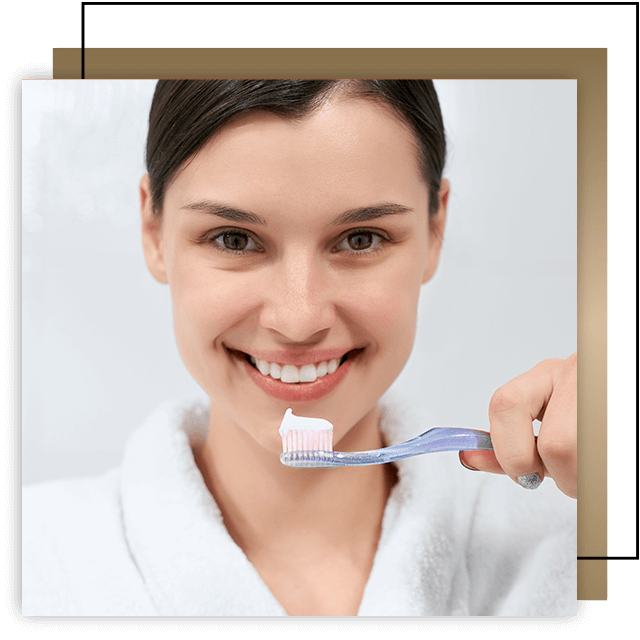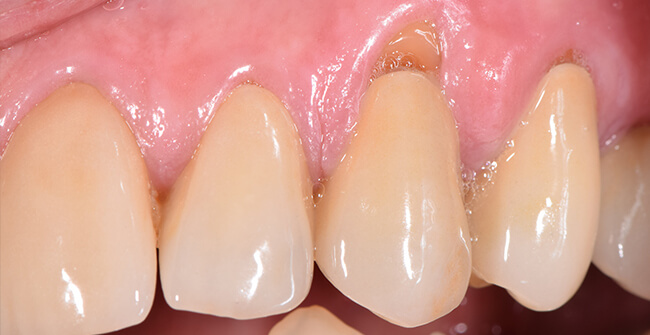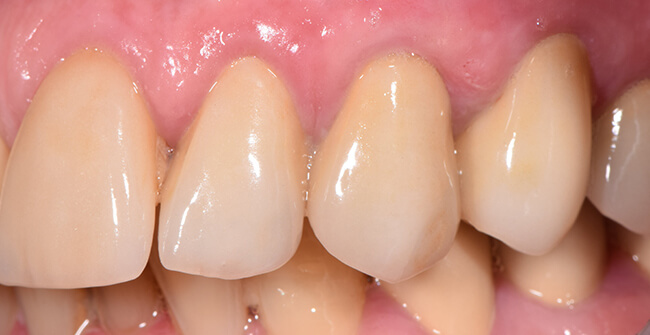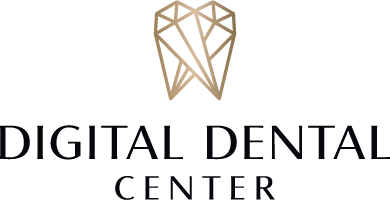Periodontology
If you are used to the sight of blood on your toothbrush and think it is harmless, then we strongly recommend that you read this article.
A single inflammatory disease, periodontitis or periodontal disease is responsible for most tooth loss in Hungary and around the world.
How does periodontal disease develop?
Although research shows that certain factors, such as stress, smoking or an inadequate diet can make you more susceptible to periodontal disease, the main cause of the disease is poor oral hygiene. If the oral hygiene routine is not effective enough, tartar will build up on the teeth, which can harbor a large number of pathogens, as it provides an ideal environment for them. Inflammatory processes are triggered; initially in the gum tissue, but over time the inflammation spreads to the supporting structure of the teeth, and this is what we call periodontal disease.

How can periodontal disease be detected?
The most common symptoms of the disease are the following:
There is bleeding from the gums, which typically occurs when brushing or eating something hard (for example, biting into an apple).
Teeth and gums become sensitive.
The gums turn red instead of a healthy light pink.
The breath smells unpleasant.
Deep pockets form around teeth.
Teeth can become mobile or even fall out in severe cases.
It is important to note that periodontal disease acts as a focal infection in the body and can therefore cause a wide range of problems throughout the body, from joint problems, hair loss and skin disorders to the inflammation of the heart muscle. It can also induce premature birth in pregnant women.
If left untreated, periodontal disease can even lead to life-threatening conditions, so there should be no delay in visiting a dental clinic!
How is periodontal disease treated?

Elimination of the inflammatory condition
Tartar must be removed from the mouth completely. This means that we also need to access the areas below the gums, as tartar can build up there too. This type of cleaning is called curettage. It can be less invasive (“closed” curettage) or open-access. The latter involves a minor oral (periodontal) surgery.

Adopting a healthy lifestyle
Oral hygiene must be maintained according to strict instructions for healing to take place. Harmful habits must be abandoned. Without all these, the treatment will not be successful in the long term.
Patients with periodontal disease
should be aware that regular oral hygiene interventions are not only recommended, but mandatory for them
– if they want to keep their teeth, of course!
Healed smiles


